A seed of transformation and liberation was planted two years ago, when we shared NISGUA’s vision for solidarity and our commitment to an organization-wide racial justice framework.
We committed to increasing participation of People of Color and low income/working class comrades in the Guatemala Accompaniment Project (GAP). Your donations to this initiative generated the resources we needed to work towards and successfully meet this goal. Now, for the first time in NISGUA’s history, our new GAP cohort is the first to include four Latinx organizers.
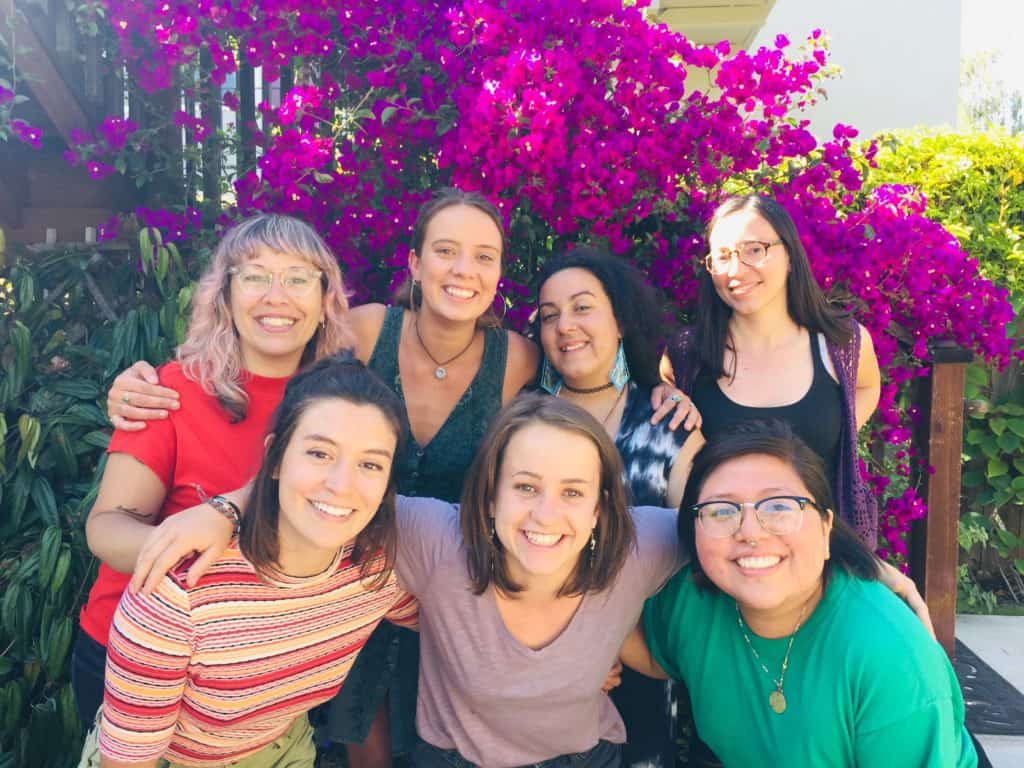
Accompanier cohort at training in June:
Top: Bridget Brehen (staff), Isa Villalon, Michelle Suarez & Sarasuadi Ochoa (staff)
Bottom: Nicole Estrada, Ruby Tedeschi, & Christina Reyes
Today, we invite you to support one of these organizers. Christina Reyes (they/them), a first-generation Central American volunteer from this cohort, is preparing to work in Guatemala as an accompanier with GAP. Can you donate to Christina’s training fees and make this opportunity feasible for future accompaniers? Help us fundraise above and beyond the $1,200 needed for their training, and contribute to a fund guaranteeing broader participation from low income communities in our future cohorts.
Below, future accompanier Christina Reyes speaks about what working with NISGUA means to them, and the vision they have for the future of our collective struggle:
When my mother was 22 years old, she left Guatemala and crossed two borders to get to the US. Having turned 22 a couple of days ago, I am realizing the amount of power, resilience and hope she carried to survive what she did. The intricacies of her story are something I hold close to my heart and are points of reflection for my own privilege and for the type of work I hope to do going forward.
Although I am a first generation, low-income queer Chapin[e], I acknowledge my privilege as the first person in my family to graduate from college. I acknowledge my privilege in being a U.S. citizen and the amount of mobility this gives me, especially in this time when the undocumented community is being fervently targeted by the state. And I appreciate my own ability to connect into several circles, and for the opportunities throughout my life that have allowed me to realize that community will always have the best teachers, organizers, healers and fighters who are willing to do the work that many are too scared to do. With this in mind, I always aim to leverage my privileges in any way possible, which is why I decided to participate in the Guatemalan Accompaniment Project with NISGUA. I have always had an interesting relationship with my family’s homeland, and the few times I have visited, I always saw the mass divide between rural populations and major cities. This is a direct reflection of the way the Guatemalan state treats and represses the Indigenous communities that make up Guatemala, while simultaneously concentrating power within the white and mestize populations who have a capitalistic agenda. The struggle seen in Guatemala is rooted in something much greater that affects Black and Brown communities all throughout the Americas –mainly white supremacy (anti-Blackness/anti-Indigeneity), patriarchy, and capitalism.
Being an accompanier is different when you have directly experienced the effects of U.S. imperialism all over Central America. I am going into this work already knowing that the topics and issues I am prepping to tackle will push me into deep reflection and might isolate and trigger me in ways that white U.S. accompaniers could never understand. But it also means that the information and connections made through GAP will hopefully be able to reach communities that can utilize them fully here in the U.S. and elsewhere.
Through my work with GAP I hope to bridge the struggle in Guatemala to the Guatemalan diaspora here in the U.S.; to facilitate the transference of information to a much broader network; and move NISGUA to even deeper intersectional praxis that goes beyond theory and conversation. This is central as we go forward in this inherited resistance. We must be able to manifest our ideas and truly put our words into action. In order for the movement for transnational solidarity to become a reality, we must make GAP intersectional in its recruiting and outlook. It’s imperative that this work be accessible to folks who have direct connections to the struggle that GAP is working with, in Guatemala and the U.S.
With that said, I hope you support my journey by contributing to the GAP scholarship fund, as we continue moving our collective commitment towards transnational solidarity, and ultimately, collective liberation. By making a donation, you can aid and support this journey towards an inclusive and intersectional solidarity movement that can truly shake things up. Let’s build together, con corazones llenos de liberación y esperanza!
In Solidarity,
Christina Reyes
With the NISGUA team: Bridget, Claire, Meredith, and Sarasuadi

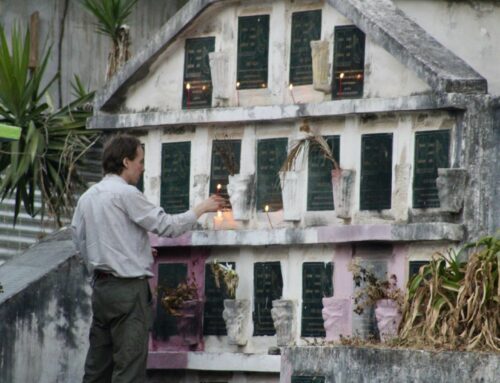
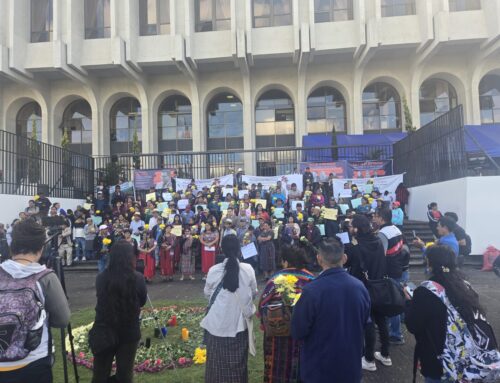
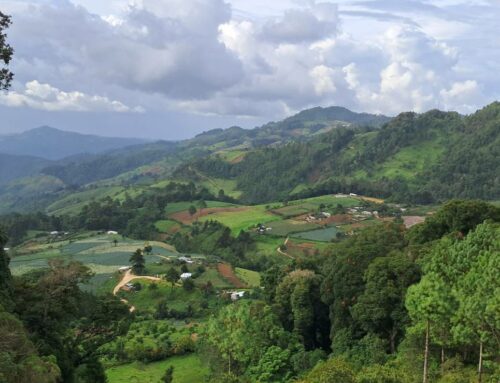
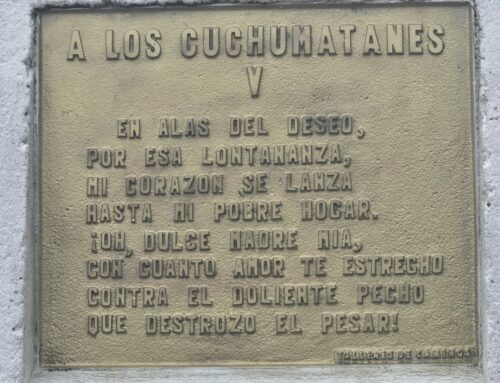
Leave A Comment